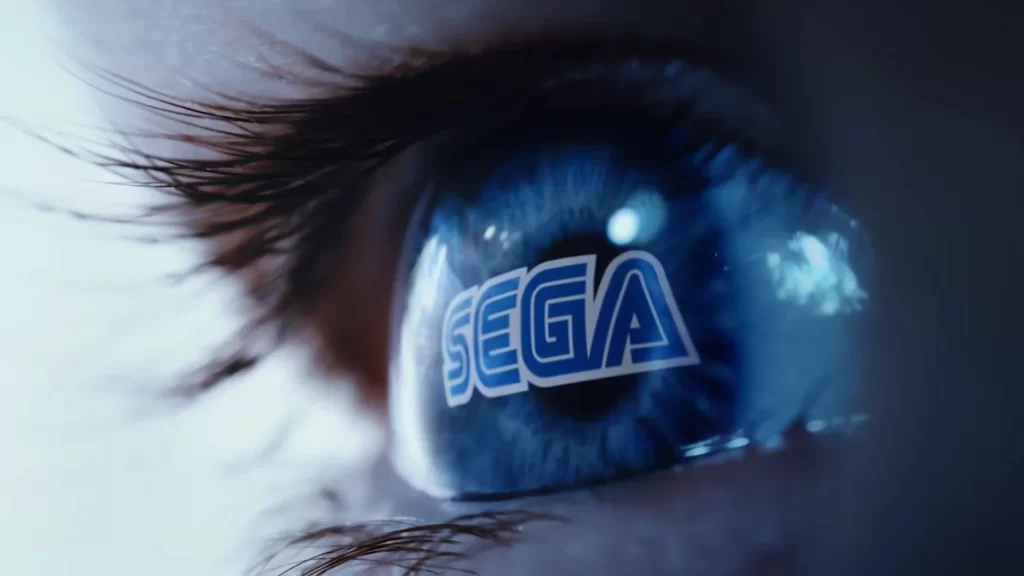Bloomberg reports that the Japanese gaming giant has decided to withdraw from the industry due to recent developments and criticism.

Sega, the creator of iconic games such as Sonic the Hedgehog and Yakuza, has changed its mind about blockchain gaming, according to a report by Bloomberg News.
In an interview, Co-Chief Operating Officer Shuji Utsumi stated that play-to-earn (P2E) games are boring and that the firm will withhold its biggest franchises from third-party blockchain gaming projects to avoid devaluing its content.
This decision marks a significant shift for Sega, which previously advocated for the use of blockchain-based technology to boost the appeal of its titles.
Blockchain gaming, or GameFi, is a form of gaming that uses blockchain technology to create digital assets that can be owned, traded, and monetized by players.
P2E is a subset of GameFi that rewards players with cryptocurrency or tokens for playing games.
Although Sega will be suspending its plans to develop GameFi in the short term but will continue to invest in related projects and allow external partners to use its lesser-known Three Kingdoms and Virtua Fighter characters for non-fungible tokens (NFTs).
NFTs are unique digital assets that can represent anything from art to music to game items.
The company’s intent to join the once-red-hot NFT community first announced in 2021, drew widespread criticism from gamers who viewed crypto technology as bad for the environment.
NFTs are often created and traded on energy-intensive blockchains such as Ethereum, which use a proof-of-work consensus mechanism that requires a great deal of computing power.
An Uncertain Future
Utsumi was also non-committal about employing Web 3.0 technology in what Sega dubs its “super game” initiative, a lineup of big-budget online multiplayer games due to roll out in 2026.
Web 3.0 describes an internet built around the blockchain, offering increased decentralization, transparency, and user control.
Sega’s shift reflects a broader cooling on Web 3.0, which once attracted billions of dollars from the likes of Andreessen Horowitz.
Peers such as Ubisoft Entertainment SA have also pulled back on their investments in NFT games after drawing criticism caused by low demand.
Sega’s move may disappoint some fans who hoped to see their favorite characters in blockchain games, but it may also reassure others who prefer traditional gaming experiences.
It remains to be seen whether Sega will change its mind again in the future as the blockchain gaming industry continues to evolve and innovate.
